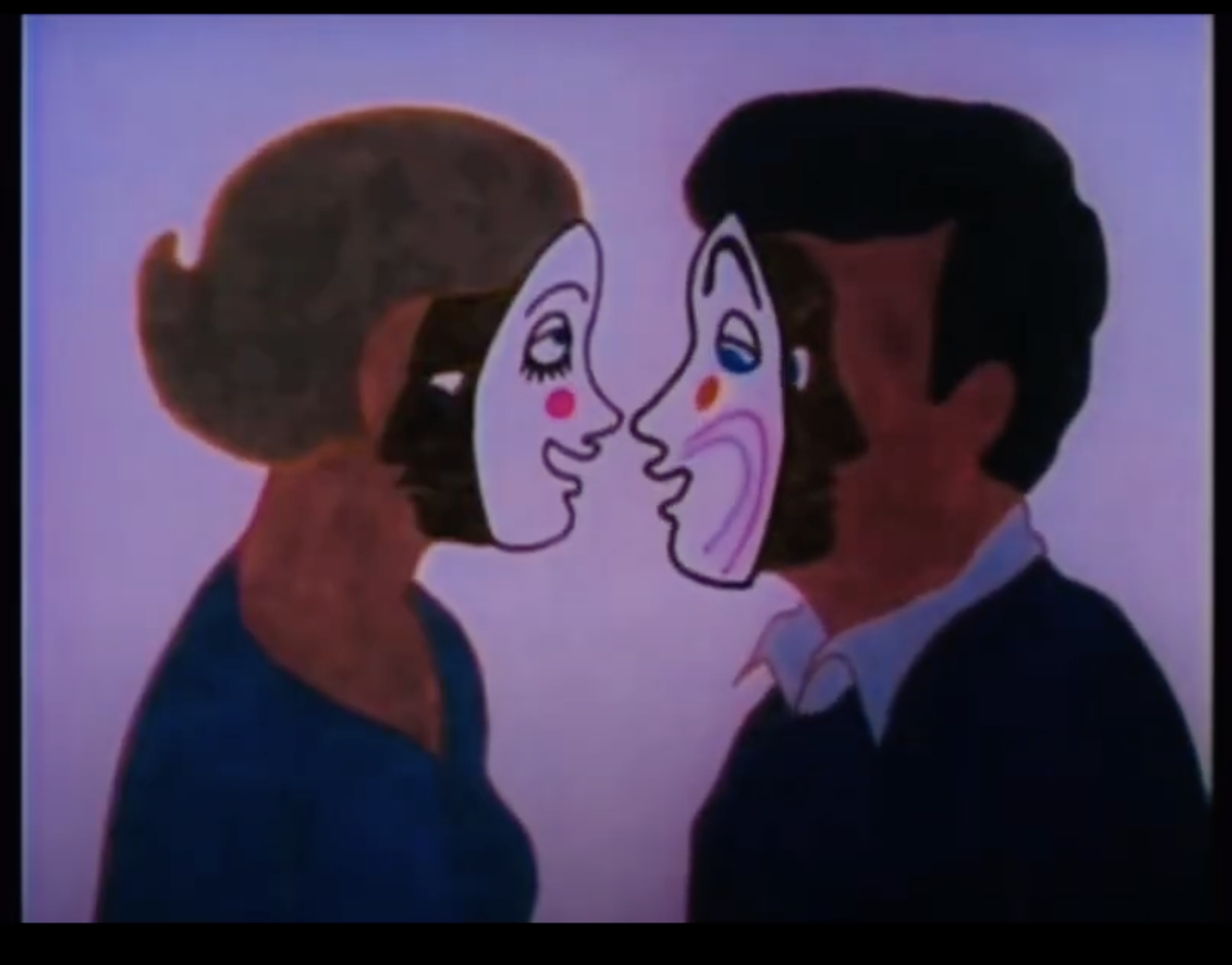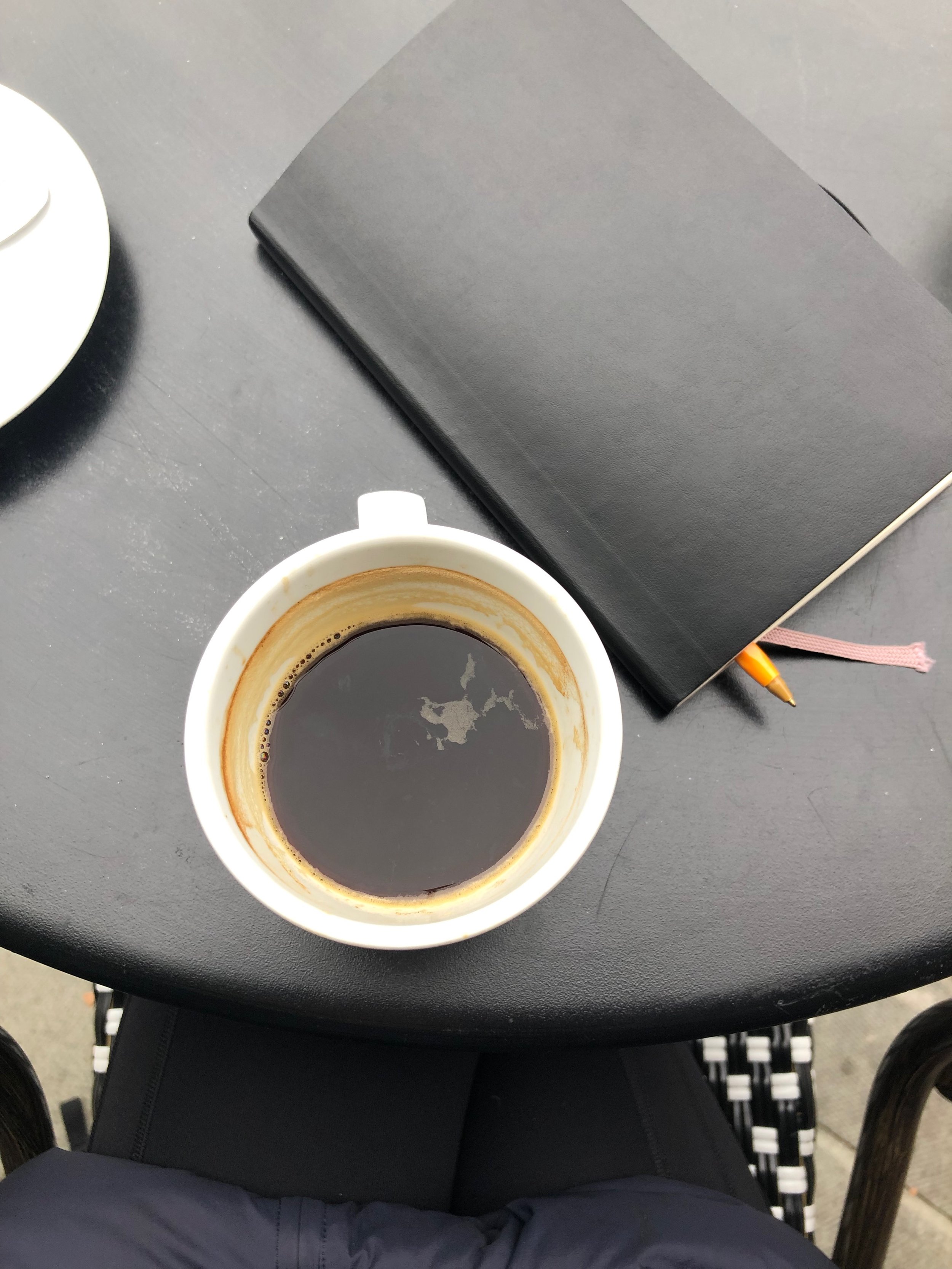THOUGHT EXPERIMENTS IN PUBS
ST PANCRAS
DRAMA

1 THE 4TH DAY
“You’re at work.
It’s been a long and boring week.
You’ve been looking forward to this afternoon’s training session. It’s day 4 of the course and you’ve enjoyed the previous 3 days.
You arrive at the training room. The facilitator looks more up beat than usual.
When everyone has arrived, she announces:
“Today is my favourite day of the training!
We’re going to get a chance to put it all your learning into practice. We’ll be role playing some of the scenarios we discussed last week. I can’t wait to see you all in action.
I just need to pick something up from reception. I’ll be back in 2 minutes and we can get started”
She leaves the room and immediately people start talking:
Maya:
“Oh god, I hate role play. I might try and leave. Why does every course have to include it? I was enjoying this until now! There’s a reason I didn’t do drama at school.”
Sally:
“Yeah, I hate role play too, its so uncomfortable. But I do think it works. I’ve learned so much more when I’ve had pretend I’m in a real scenario than when I just read about a scenario. Its a kind of grit your teeth and get on with it kind of thing for me.”
Kaz:
“But its so unrealistic. First of all, you’d never be in any of these scenarios with an audience! You’d never be forewarned. Real life is totally different. I agree with Mia, this is a waste of time.”
Shawn:
“I like being the ‘other person’ in a role play, the person you have to deal with. I’ve done a bit of acting before and its so enriching. The more different characters I’ve played, the more I’ve opened my mind. When you pretend to be someone else, you have to imagine what it would be like to live another life. I think it leads to more empathy. I guess in a similar way, role play allows you to explore a part of yourself that you otherwise wouldn’t know until you’re in a situation.”
QUESTIONS TO CONSIDER:
What do you think of your colleague’s reactions?
Which response resonates with you the most? Or would you have a different reaction?
Do you agree with Sally that there’s a difference between learning something theoretically vs. learning something through experience.
Why do you think Maya didn’t take drama at school? Why do you think some people are uncomfortable with this type of training?
What kinds of education might benefit most from incorporating role play?
What do you think of Shawn’s comment about acting improving empathy?
If you were the trainer and you had to get a bunch of people to participate in role play exercises, how would you go about it?
SOURCES: BA, THOUGHT EXPERIMENTS IN PUBS Group Member

2 PROGRAMME
You’re the director of a modern theatre. The theatre’s mission statement includes the following paragraph:
“Our objective is drama that people deeply relate to. When audiences connect with actors, that’s where the magic of catharsis happens. Whether they’re laughing or crying, they’re releasing emotion and will leave the theatre changed.”
With this in mind, you must to decide on the programme of 3 plays for the coming season.
You take submissions from various theatre companies. They include:
A historic staging of Macbeth
A comedy about the Kardashians, influencers, and clickbait
A true story of hardship and perseverance from the potato famine
Othello where Iago is a malevolent AI chat-bot
A stage adaptation of Dopesick: the story of the opiod crisis in the USA
Anton Chekhov’s classic play: The Seagull
Aaron Posner’s adaptation of The Seagull: Stupid Fucking Bird
Dr. Seuss’s The Lorax
QUESTIONS TO CONSIDER:
Which plays would you choose for maximum audience relatability?
Do you think catharsis happens more intensely if you believe a story is true vs if you believe it is fiction?
Do you agree with the theatre’s mission statement? Is laughing as cathartic as crying?
What is the role of classic plays in modern life? Why do certain classics get staged again and again? Do you think they should be? How relatable are they?
Which would you rather see, Shakespeare performed as it would have been in the 16th century? Or a modern adaptation?
If you could see one of these plays today, which would it be? Why?
SOURCE: BA, THOUGHT EXPERIMENTS IN PUBS group member

3 THE ‘PERFORMATIVE MALE’
Leah and Amma are talking about Leah’s recent date.
Leah: “He told me about his struggles with depression. How he’s been in a pretty dark place, but has worked hard and is now pulling himself out of a rut.”
Amma: “Really!? That’s pretty open for a first date.”
Leah: “Yeah I thought it was pretty impressive, being that open.”
Amma: “Yeah… unless it was an act, you know, to get you to think he’s open and vulnerable. Have you heard of the performative male?”
Leah: “No, what’s that?”
Amma: “Let me google it to get it right…. Google says:
“Performative males are men who inauthentically adopt progressive interests, aesthetics, and behaviors to attract progressive romantic partners.
Hmm. What was he wearing?”
Leah: “Normal stuff! This is dumb, aren’t men allowed to be vulnerable without suspicion?”
Amma: “Leah, you’ve only met him once. You’ve got to take everything into account. It takes time to figure out if someone is authentic. Hang on, let me ask google about performative male’s aesthetics. Google says:
“Examples of performative male accessories include tote bags with ironic prints or feminist slogans, wired headphones for a nonchalant appearance, Labubu keychains, blue light glasses, and books by feminist authors or on progressive themes, all used to signal cultural alignment and emotional sophistication for social validation rather than genuine interest.”
Did he have any of that gear?”
Leah: “This is so toxic. Sure, he was reading Sally Rooney’s latest book. And he had a tote bag from the V&A. But I refuse to believe that that makes him inauthentic. What if he authentically likes that stuff.”
Amma: “Sounds like he’s at least partly a performative male!”
Leah: “Ugh Amma, you’re so cynical! Now I’m going to be suspicious when I next see him. Poor guy, he probably was just being vulnerable…taking the mask off rather than putting on an act.”
Amma: “Better safe than sorry, you need to make sure he’s being authentic rather than performative. I’ve been burned before.”
QUESTIONS TO CONSIDER:
How can we tell if someone is being authentic or performative?
What might lead a person to put on an ‘act’ or be ‘performative’?
Is any aesthetic choice performative?
Can we ever truly take our social ‘masks’ off? When?
What are the benefits of social ‘masks’? What are the drawbacks?
Is performativity part of being human?
Can you be authentic and performative at the same time?
Why do you think Amma is so suspicious?
SOURCES:
BA, THOUGHT EXPERIMENTS IN PUBS Group Member
Inspired by: Dubious Stew. (1975, January 1). Everybody Rides the Carousel Clip 1975 “Intimacy vs Isolation” [Video]. YouTube.

And first ever post on Substack…🙃
Check out @thoughtexperimentsinpubs
FEEDBACK
(Messages are anonymous unless you include your name/contact details)

Help me to write more THOUGHT EXPERIMENTS and arrange more meetups by…
Thank you, your support means a lot :-)

